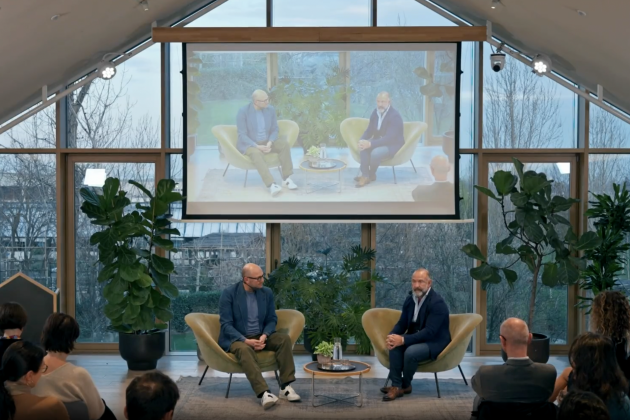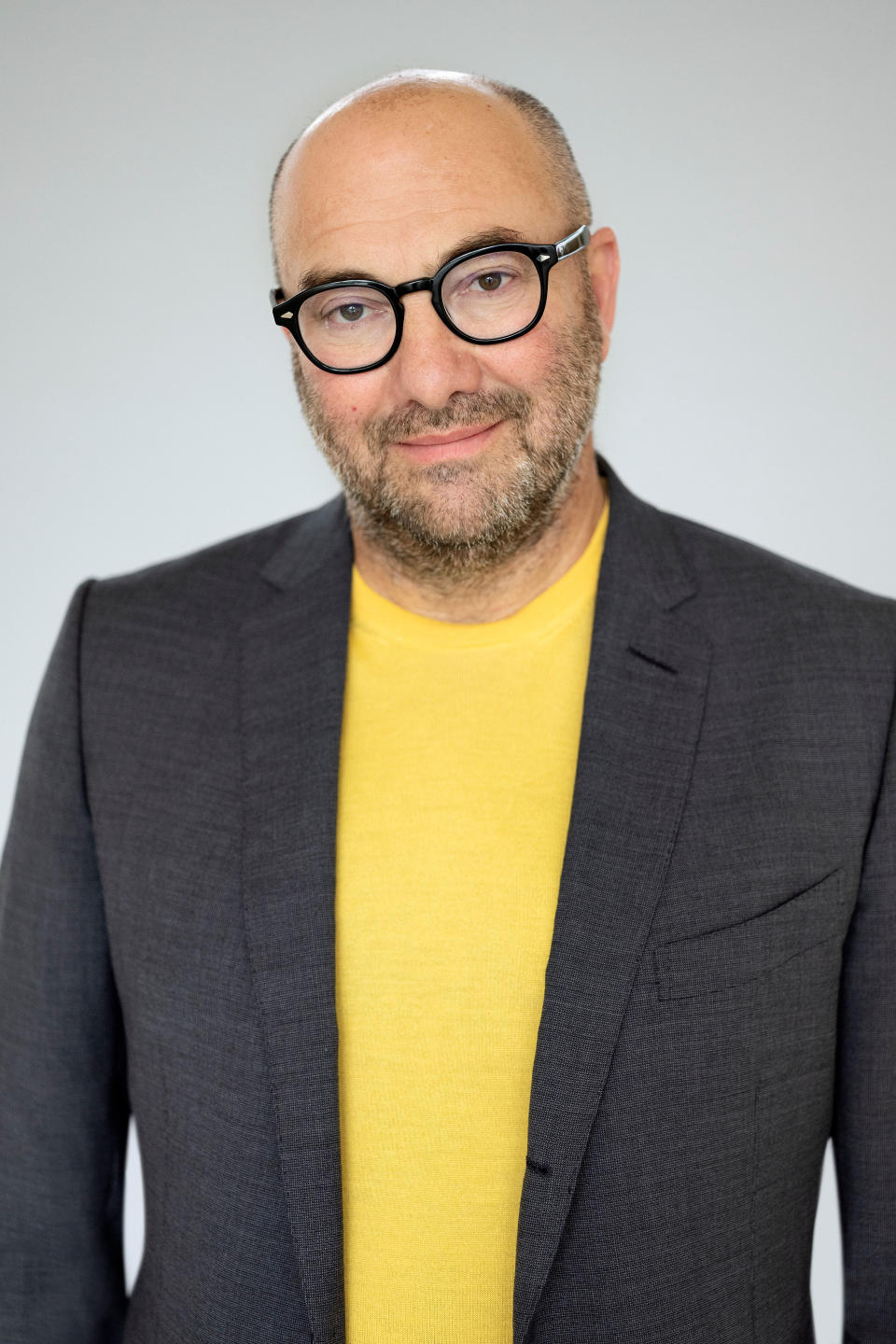Taking the Plastic Out

The Davines Group, a renowned leader in the professional cosmetics sector with popular brands such as Davines haircare and [comfort zone] skincare, is taking bold steps to combat plastic pollution in the world’s oceans. The company has recently announced the strengthening of its partnership with the social enterprise Plastic Bank to further its commitment to recover and remove ocean-bound plastic waste from vulnerable coastal areas in Indonesia, the Philippines, and Brazil.
The partnership accelerates the company’s goal of creating greater circularity.
More from WWD
Why 525 is Redefining Modern Knitwear by Returning To Its Roots
Exploring a New Vision of Design: WWD China Joins Hands for Shanghai Gala
The collaboration between the Davines Group and Plastic Bank was initiated in 2021 with the “Rethinking Plastic” campaign, aimed at collecting 100 tons of plastic waste. Last year, the joint efforts successfully removed a staggering 779 tons of plastic from the environment — equivalent to the entire amount of plastic put on the market through the sale of the company’s products.
The Davines Group has now vowed to go even further in 2023: in addition to collecting and removing all “its” plastic from the shores of the aforementioned countries, the Group has set a goal of zeroing the use of virgin plastic (today about two-thirds of packaging is recycled, bio-based and mass-balance plastic). This commitment underscores the sustainability values of the Davines Group and aligns perfectly with its regenerative development model that underpins its business strategy.
Plastic Bank, in its first decade of operation, has already prevented a massive 80 million kilograms of plastic (equivalent to four billion plastic bottles) from polluting the oceans. The plastic waste collected is transformed into a new raw material called Social Plastic, which can be reused in various products and packaging, forming part of a circular supply chain. Beyond its environmental benefits, the plastic collection and recycling initiative have significant social impact.
Plastic Bank’s local branches exchange plastic waste as currency, providing families with access to necessities like food supplies, fuel for cooking, and even essential services such as education, healthcare, and digital connectivity. By empowering families engaged in plastic collection with safe and traceable income sources, the initiative contributes to local communities’ well-being and helps them escape the clutches of poverty. Thanks to the efforts of the Davines Group, the initiative has positively impacted 3,202 people and their families between 2020 and 2023.

Davide Bollati, Chairman of the Davines Group, said the results reached “give us an insight into the positive impact that can be achieved and encourage us to continually improve. We have consolidated our collaboration with Plastic Bank because it is a project based on the interaction between environmental and social sustainability, with the aim of spreading a regenerative development model that combines progress with respect for the environment and human rights.”
David Katz, founder and CEO of Plastic Bank, said in the organization’s quest for ocean stewardship, “we realized that recycling must be human-powered. Impact contributions and the purchase of recycled materials alone cannot solve the plastic pollution crisis. Humanity needs a perpetual and persistent behavioral change, which brings the mindfulness of recycling in what we purchase, how we use it, and how we dispose of it.”
Bollati described the partnership as a “concrete commitment we have made because we are aware that packaging is among the areas with the greatest impact in the beauty industry. In addition to our collaboration with Plastic Bank, we are also committed to reducing our demand for plastic: since 2020 we have been measuring our plastic footprint, we use recycled or renewable plastic for our products, and thanks to eco-design we are progressively reducing the use of plastic in our packaging.”
Circularity is a fundamental pillar of the Davines Group’s strategy to achieve a positive environmental and social impact. By implementing the principles of circular economy, the company aims to minimize material use and promote recycling and reuse whenever possible. This regenerative approach aligns with the company’s mission to move away from the traditional linear ‘take, use, and dispose’ model towards a more sustainable future.
In its “Charter for Packaging Research,” penned in 2011, the Davines Group outlined its commitment to design packaging with a focus on reuse and recyclability, thereby minimizing its impact on the environment upon disposal. The charter calls for packaging to be “designed, manufactured and marketed in a way that permits its reuse or recovery, including recycling, and minimizes its impact on the environment in the event of disposal.”
In practice the work centers on eco-design principles with the design of product packaging that the company said is in keeping “with a circular production model, which results in thinner and lighter packaging with the consequent lower use of materials and a reduction in CO2 equivalent emissions related to transportation and lower material use.” Due to the company’s targeted interventions “aimed at both the use of recycled or renewable materials and the creation of packaging with a lighter design from 2014 to date the Davines Group has greatly reduced its plastic footprint, avoiding the use of 903.3 tons of fossil-based virgin plastic, and 162.1 tons of plastic by reducing the weight of packaging and eliminating unnecessary components (together, these actions made it possible to avoid 1,827 tons of CO2eq.).”
With the continued collaboration between the Davines Group and Plastic Bank, it is evident that corporate entities are taking concrete steps towards a cleaner and more sustainable future, emphasizing the vital role of businesses in protecting the environment and uplifting local communities.
About the Davines Group: Based in Parma, Italy, the company is dedicated to the professional cosmetics sector. Founded by the Bollati family in 1983 as a research laboratory specializing in the production of haircare and skincare products, the company launched the Davines brand in 1993, which was followed with the [ comfort zone ] brand in 1996. The Davines Group is in more than 90 countries with headquarters in Parma as well as branches in New York, London, Paris, Mexico City, Deventer (Netherlands), Hong Kong and Shanghai. The company also recently opened its German subsidiary, Davines Germany, in Düsseldorf. Form 2016, the Davines Group is a certified B Corp and from 2019 Benefit Corporation in Italy and U.S.
Best of WWD


